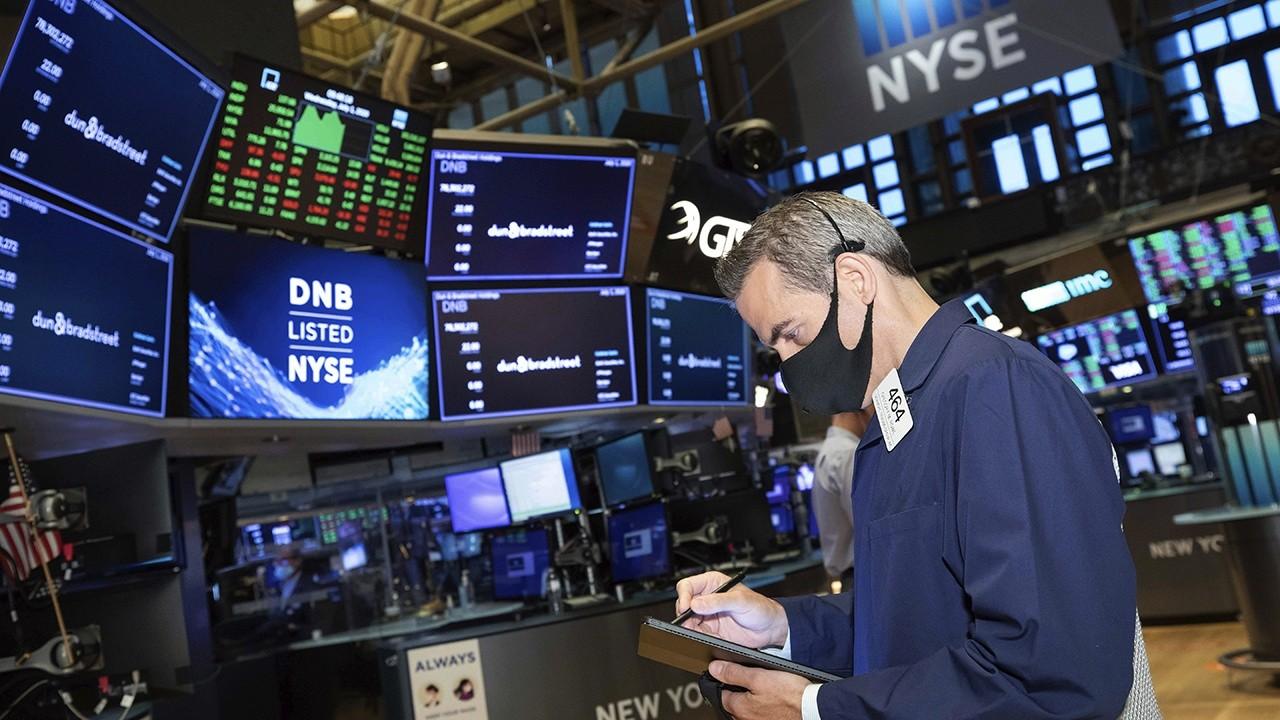Fed extends emergency lending programs past Dec. 31
Treasury Secretary Steven Mnuchin had recently indicated he would allow the programs to expire
The U.S. Treasury and Federal Reserve Board have extended four key COVID-19 safety net lending facilities until March 31, 2021.
The facilities include the Commercial Paper Funding Facility and Money Market Mutual Fund Liquidity Facility, which drew funding from the Treasury’s pre-existing Exchange Stabilization Fund balance, as well as the Paycheck Protection Liquidity Facility and Primary Dealer Credit Facility, which did not.
U.S. Secretary of the Treasury Steven Mnuchin announced the extension, saying he approved it with “an abundance of caution.”
“I am pleased that the Federal Reserve Board unanimously voted to approve these extensions, and I am proud of the work our teams have done to successfully execute these programs,” Mnuchin said.
JANET YELLEN NAMED BIDEN'S TREASURY SECRETARY, MAY MAKE HISTORY AGAIN
The lending programs were created during the COVID-19 pandemic as a series of tools to help stabilize the then-flagging economy. While the lending facilities have been little used so far, they were viewed as a vital backstop for the pandemic-ravaged economy.
The original expiration was set for the end of the year, and until recently Mnuchin insisted that the Treasury had enough tools to keep the markets “comfortable.”
“To the extent that we have over $750 billion of firepower between what's in the Exchange Stabilization Fund and what the Federal Reserve can do going forward, markets should be very comfortable that we have plenty of capacity left,” Mnuchin told CNBC’s “Squawk Box.”
Mnuchin had advised that any money set aside to be used for Fed lending programs but had not been used should be given to Congress for reallocation.
CLICK HERE TO GET THE FOX NEWS APP
The Federal Reserve previously said in a statement that it would prefer the “full suite of emergency facilities established during the coronavirus pandemic continue to serve their important role as a backstop for our still-strained and vulnerable economy.”




















